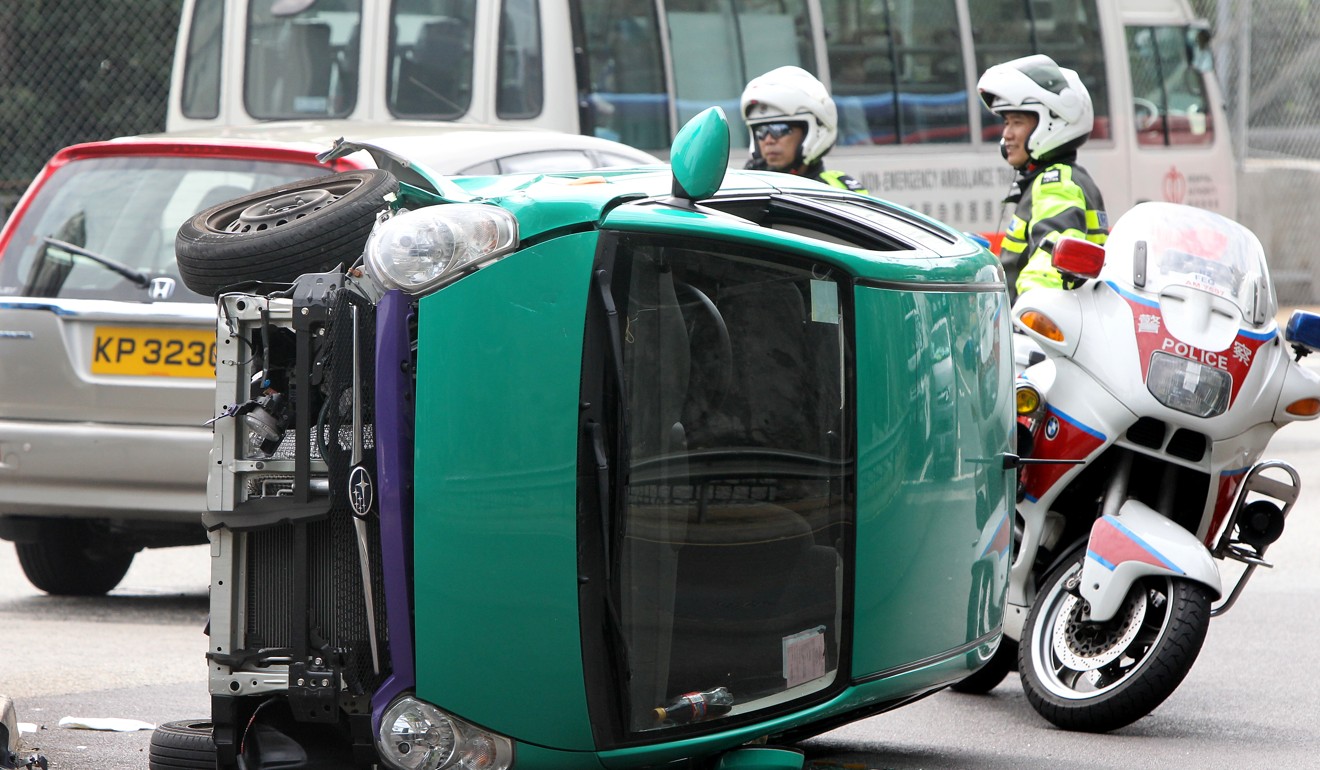
Insurers had better gird themselves for the day when cars drive themselves autonomously
Report by Insurance Society of China and Fudan University urges industry ‘to get better prepared for a changing landscape as many jobs could be replaced’
China’s vehicle insurers can expect huge disruption to their traditional business models, as the era of autonomous driving, powered by artificial intelligence (AI) continues to accelerate, a new study claims.
Three-quarters of insurers expect vehicle premiums to be included in the price tags of cars while more than 60 per cent expect a drop in premiums collected from car owners, once self-driving models becomes commonplace on our roads, said a joint report published between the Insurance Society of China and Fudan University, released on Sunday.
From damage assessment to the actual buying of insurance cover, AI is playing a far-reaching role in reshaping the country’s car insurance sector, said market veterans commenting on the findings.
“AI is casting a growing influence on insurance practitioners,” said Yao Qinghai, chairman of the Insurance Society, speaking in Shanghai. “We urge the industry to get better prepared for a changing landscape, as many jobs could be replaced.”
The report was based on the views of 47 industry experts from insurers, regulators and fintech companies. It also included the findings of surveys conducted on 242 senior managers from car insurance firms in China in the first quarter of this year, and 1,152 middle-income car owners in August 2017.
More than 60 per cent of car owners said they expect fewer accidents and less severe damage in the era of unmanned driving.
While 76 per cent of them said carmakers or dealers are likely to shoulder the responsibility for car accidents, pushing insurers to radically change the way they run their car insurance business.
So far only a handful of domestic insurers have taken any concrete action to adopt the new technologies, lagging behind their foreign rivals globally, said the report.
China Pacific Insurance (Group), the nation’s third largest insurer, said this month it has been given governmental funding worth 55.26 million yuan (US$8.7 million) to support research and development in embracing unmanned driving, becoming the sole insurer to receive any kind of endorsement from the Ministry of Science and Technology to examine what implications are likely.

It came a month after it joined a government-backed alliance for the future technology of autonomous driving, based in Shanghai – the first mainland China city to start open road testing of self-driving vehicles.
While it will take a few more years for robots to replace human as drivers, AI is already extending its tentacles in accident damage assessment for insurers.
Ant Financial, an affiliate of Chinese e-commerce giant Alibaba Group Holding, this month revamped its AI-driven insurance loss assessment services, initiated in June 2017.
It used to use still pictures for damage assessment. Now, it is shifting more towards videos, which can be more accurate and include more details, such as sound caught on the video.
Over the past year, domestic insurers including China Taiping Insurance, China Continent Insurance, Sunshine Insurance, and AXA Tianping, have also turned to using the services, claiming to cut a collective and 2 billion yuan in costs, said Ant Financial.
Car insurance is considered China’s most important non-life insurance earner, accounting for 70 per cent of total premiums for non-life income.
Alibaba owns the South China Morning Post.

